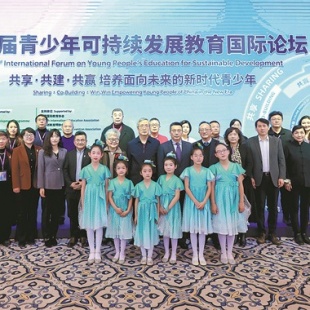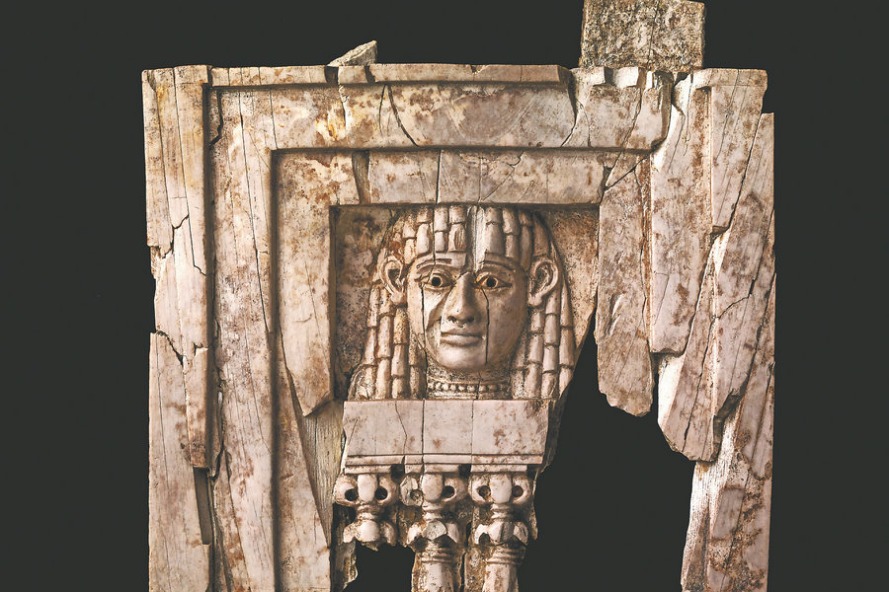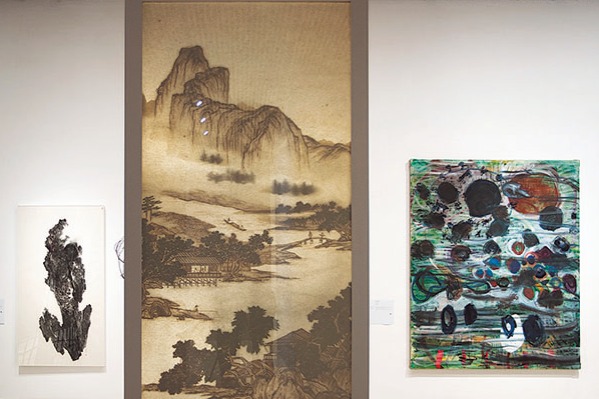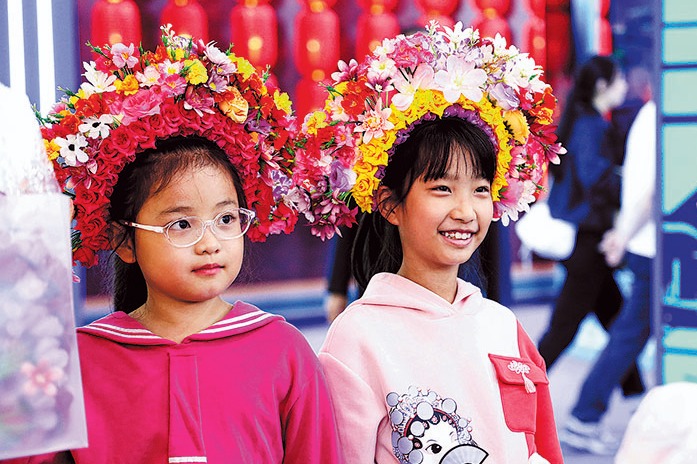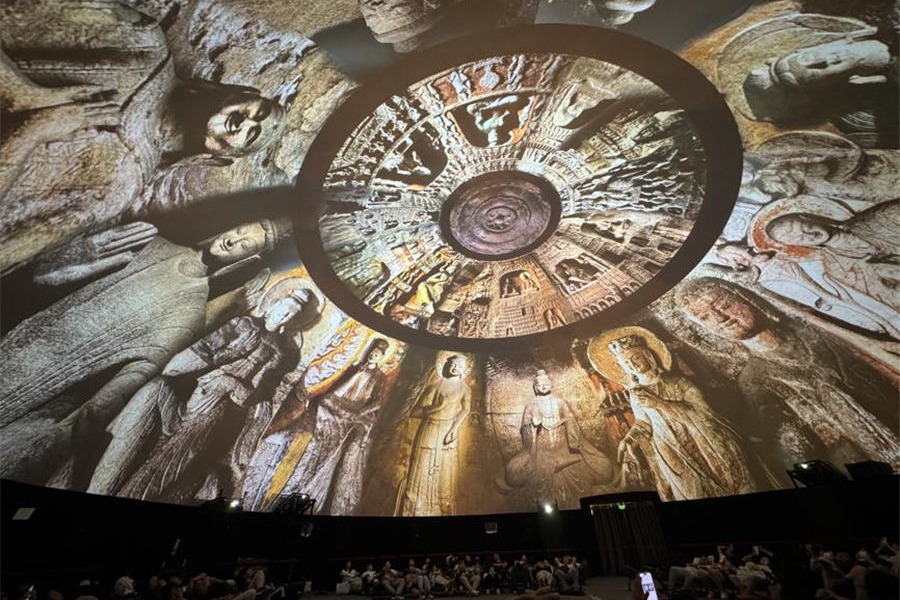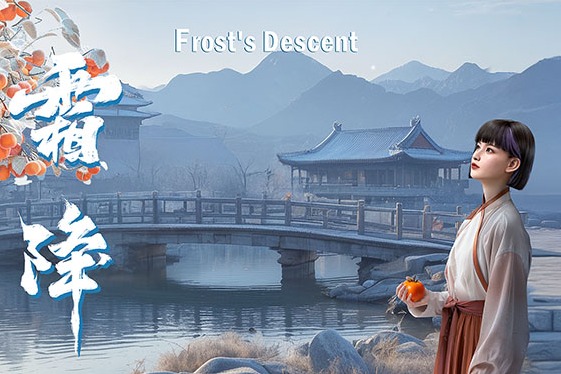Forum introduces youth sustainable development initiative


For children aged 5-18, the center has designed the Tinkering Workshop to assist them in handson thinking, cultivating cognitive skills and training creative and comprehensive practical abilities.
"We are also actively establishing a resource-sharing mechanism with domestic museums, science centers, educational bases and other institutions. Through extensive collaboration, we aim to create a broader platform for practical experiences and exchanges for young people," she adds.
The initiative was launched at the 2nd International Forum on Young People's Education for Sustainable Development where representatives from different venues shared their experience in empowering youth.
Liu Jie, the vice-curator of the National Maritime Museum of China in Tianjin, says that the museum has opened three laboratories to young people, including facilities for the restoration of marine fossils and marine specimen repair.
The museum has established collaboration with over 100 schools, which regularly organize student visits for educational purposes. Furthermore, science-centric dramas advocating for the harmonious coexistence of humanity and the ocean will also be produced by the museum, Liu adds.
Liu Wenhu, vice-curator of Xinjiang Nature Museum in Urumqi, Northwest China's Xinjiang Uygur autonomous region, notes that the museum boasts 12 field stations and two botanical gardens, at which a wide array of natural education programs can be conducted.
"For example, during this summer vacation, students from Urumqi carried out apple-tree age determination in the botanical garden. Based on observing the annual ring patterns of a 500-year-old apple tree, they researched the climatic conditions of that period. At our field stations, we guided children in exploring snow accumulation, measuring differences in thickness, depth, density and temperature. We have achieved good scientific research results," he recalls.
The forum has brought together approximately 200 educational experts, scholars, education industry practitioners and primary and secondary school teachers from countries including Germany, Russia, the United Kingdom and China. Their discussions revolve around new concepts, strategies and achievements in youth sustainable development education, covering topics such as empowering education through technological innovation, nature education, international perspectives and art education.


